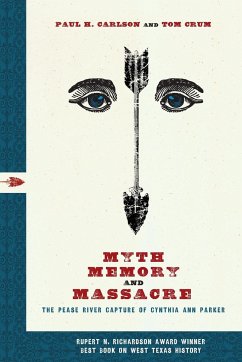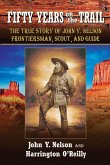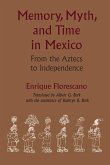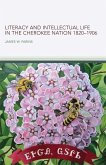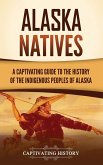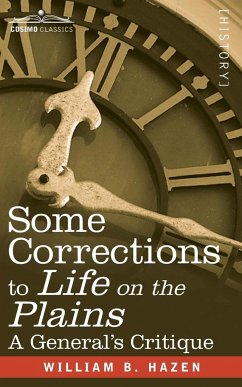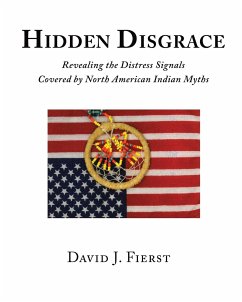In December 1860, along a creek in northwest Texas, a group of U.S. Cavalry under Sgt. John Spangler and Texas Rangers led by Sul Ross raided a Comanche hunting camp, killed several Indians, and took three prisoners. One was the woman they would identify as Cynthia Ann Parker, taken captive from her white family as a child a quarter century before. The reports of these events had implications far and near. For Ross, they helped make a political career. For Parker, they separated her permanently and fatally from her Comanche husband and two of her children. For Texas, they became the stuff of history and legend. In reexamining the historical accounts of the "Battle of Pease River," especially those claimed to be eyewitness reports, Paul H. Carlson and Tom Crum expose errors, falsifications, and mysteries that have contributed to a skewed understanding of the facts. For political and racist reasons, they argue, the massacre was labeled a battle. Firsthand testimony was fabricated; diaries were altered; the official Ranger report went missing from the state adjutant general's office. Historians, as a result, have unwittingly used fiction as the basis for 150 years of analysis. Carlson and Crum's careful historiographical reconsideration seeks not only to set the record straight but to deal with concepts of myth, folklore, and memory, both individual and collective. Myth, Memory, and Massacre peels away assumptions surrounding one of the most infamous episodes in Texas history, even while it adds new dimensions to the question of what constitutes reliable knowledge.
Hinweis: Dieser Artikel kann nur an eine deutsche Lieferadresse ausgeliefert werden.
Hinweis: Dieser Artikel kann nur an eine deutsche Lieferadresse ausgeliefert werden.

